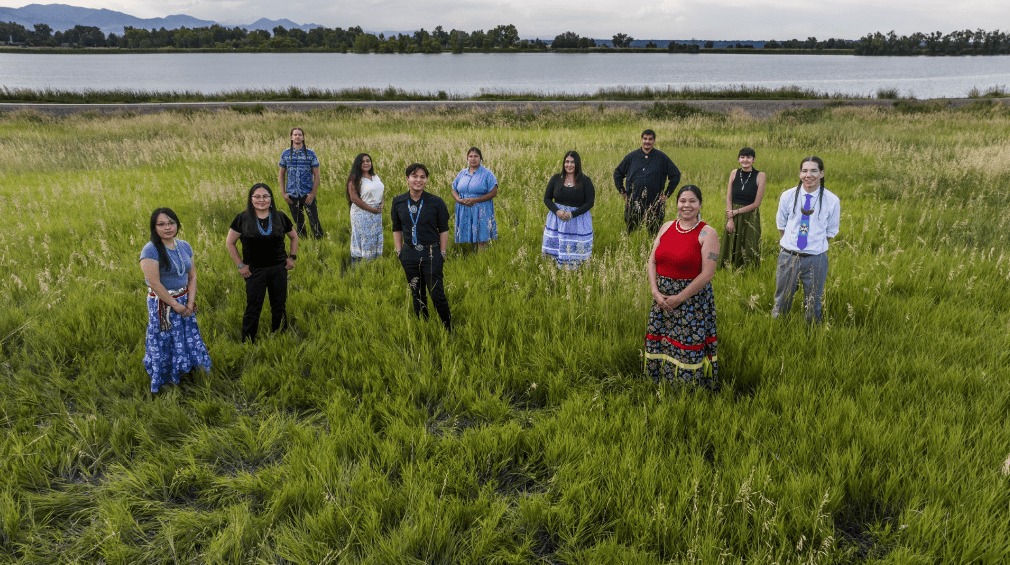Indigenous People Live in Relationship with Land
Today, April 22, is the 54th Earth Day since its first celebration, which birthed the modern environmental movement in 1970. It is a day to raise awareness of the damage done to the planet and the need for more sustainable practices in every aspect of life and industry.
For Indigenous peoples, the responsibility to care for the earth and the environments that shaped our cultures is one we have carried for millennia. That commitment to the places that are a part of us persists today in the studies and careers many Native people pursue.
The majority of tribal colleges and universities (TCUs) offer environmental science, natural resource management, or a related program of study. With many of the 448 wilderness areas, totaling 36 million acres, managed by the U.S. Forest Service overlaying the traditional homelands of American Indian and Alaska Native tribes, it makes sense for TCUs to offer such classes. These programs of study provide Native scholars with a firm foundation to build careers in everything from renewable energy to sustainable agriculture. But the opportunity to work in these fields has not always been afforded to American Indian peoples, despite their traditional practices often being utilized by external communities, such as setting controlled burns to prevent larger forest fires—or in some cases, being banned by them, contributing to devastating wildfires.
In fact, it was only in 2022 that the National Park Service hired its first Native American director, Charles “Chuck” Sams III. One of his goals has been to integrate Indigenous knowledge into management plans and expand the role of tribal nations in these efforts. During Sam’s first year as director the National Park Service had approximately 80 cooperative agreements with tribes. That number has continued to grow and, even as recently as March 19 of this year, a new agreement was signed transferring O’Rew, a 125-acre property, back to the Yurok Tribe who will co-manage it with the National Park Service, the Save the Redwoods League, and California State Parks.
Such stewardship projects are certainly a step in the right direction, but the elevation of Native voices is still needed across all levels of government and departments. Within the National Park Service, only 1.4% of employees are Native American. Less than 1% of Environmental Protection Agency employees are Native. And without their input on the front lines of environmental protection and conservation we risk overlooking ways to better live with the land, air, and water that give us life. It’s why TCUs and the College Fund work to educate the leaders of tomorrow, inform Native people about the importance of voting to influence federal policy, and to build relationships with these offices. Graduates who go on to serve as policymakers and agency leaders who are grounded in both Indigenous knowledge and the western sciences carry out this sacred duty to place for the benefit of all people and the planet.

